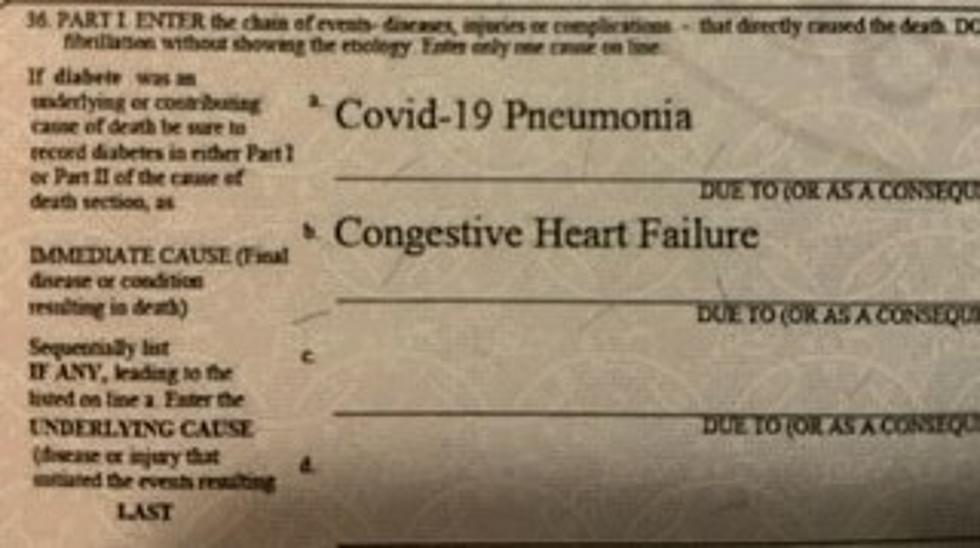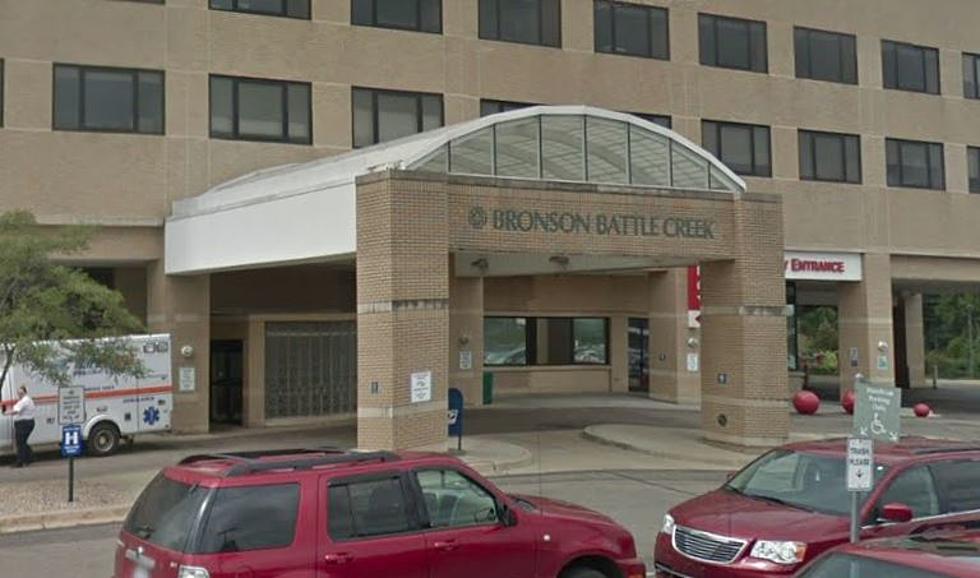
New Report Tracks History of Michigan’s 1945 Emergency Law
Thousands of Michigan voters have signed the “Unlock Michigan” petition to repeal the 1945 emergency law that Governor Gretchen Whitmer is using to bypass the elected legislature. But where did that law come from, and how has it been used by past administrations?
Michael Van Beek, of the Mackinac Center for Public Policy, has looked into those questions and issued a report. Van Beek will be a guest on Tuesday at 8:06 am on the 95.3 WBCK Morning Show with Tim Collins.
The law Gov. Gretchen Whitmer is using to make unilateral decisions about the state’s response to the COVID-19 pandemic has not been used since 1970 and has only ever been used to deal with local emergencies, according to a report released today by the Mackinac Center for Public Policy. The analysis relied largely on newspaper accounts and gubernatorial and legislative records.
Before 2020, the Emergency Powers of Governor Act was used 11 times in response to five emergency situations: labor unrest in Hillsdale in 1964, urban riots in 1967 and again in 1968, and twice in 1970, once for high mercury levels in Lake St. Clair and Lake Erie and a second for a minor riot in Ypsilanti.
The EPGA was created in response to a riot in Detroit in 1943 and written by Donald S. Leonard, a regional commander for the Michigan State Police who was responsible for metropolitan Detroit. The MSP felt it would be better able to handle riots if it had clear authority to control crowds, which the EPGA was meant to provide. The law was signed by Gov. Harry Kelly in 1945 and has remained substantively unchanged since.
It was not used until 1964, 19 years after it was enacted. Violent confrontations broke out in Hillsdale as a result of labor unrest, and Gov. George Romney declared the state’s first emergency under the EPGA. Its constitutionality was immediately called into question, but Gov. Romney would use it seven more times in 1967 and 1968, each time in response to an urban riot.
Gov. William Milliken is the only other governor to declare an emergency under the EPGA. After high levels of mercury were found in Lake St. Clair in 1970, he banned fishing there and later banned commercial walleye fishing on Lake Erie. Gov. Milliken’s order was eventually ruled unconstitutional and the ban became unenforceable. Also in 1970, he declared an emergency under the EPGA for a small riot at Eastern Michigan University.
Gov. Milliken would later sign into law legislation aimed at improving the state’s ability to handle emergency situations — later named the Emergency Management Act of 1976. The EMA, which specifically listed epidemics as situations it is meant to address, has been the preferred method for handling disasters since its enactment: Michigan governors have used it 83 times since 1977, according to the Michigan State Police.
“Gov. Whitmer’s interpretation and use of the EPGA is completely novel,” said Michael Van Beek, author of the report and director of research at the Mackinac Center. “Constitutional concerns followed previous uses of these powers, but Gov. Whitmer has taken these to a new level. No other governor has attempted to use the EPGA to gain unilateral control over an emergency for an indefinite period.”
The full report is available here.

MORE: Things You NEVER Do In Michigan
More From WKMI









